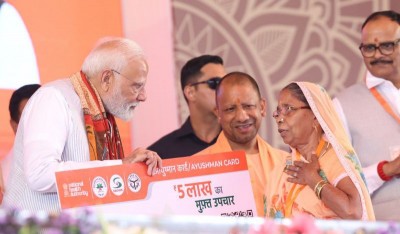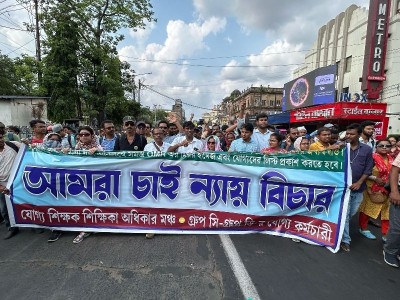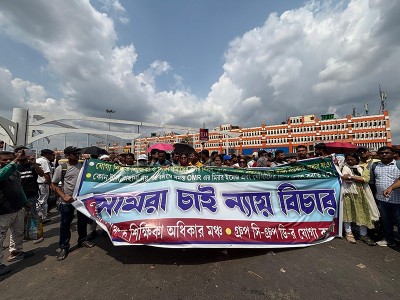-1464185961.jpg)
Cabinet gives ex-post facto approval India-Japan MoU between on thermal power development in India
The signing of the MOU will help India to address issues and barriers in promoting sustainable, stable and low-carbon thermal power development that have been identified through the preceding Pre-Primary Study and the on-going cooperation towards Energy Efficient Renovation & Modernization as well as new power development, by means of diagnostic activities to support Renovation and Modernization (R&M) materialization and implementation, knowledge and technology exchange activities.
This will support Clean Coal Technology (CCT) for thermal power plants such as Ultra Super Critical (USC) and other environmental technologies, all of which will be conducive to overall power development for India as well as to facilitate relevant policy implementation.
The proposal includes undertaking of activities like:
a. Update on the current and future policy trend in Indian power sector with wide coverage from R&M and Life Extension(LE) to new power development in India and consideration of the identified barriers to find out those which could be addressed through mutual collaboration by the Central Electricity Authority(CEA) and Japan Coal Energy Centre(JCOAL).
b. Identification of issues to be addressed regarding both existing and upcoming facilities, and also operation and maintenance at either of them.
c. Implementation of full-fledged diagnosis and/or other available and effective measures including Residual Life Assessment (RLA) and Conditional Assessment (CA) study with priorities on, but not limited to the target power stations under the Pre-Primary Study and the Cooperation.The number of target power station(s)/unit(s) will be decided through mutual consultation by CEA and JCOAL.
d. Consideration of justifiability and feasibility of individual cases of power development based on thermal power generation technologies in terms of funding from the existing financial instruments and/or other available bilateral financial schemes.
e. Consideration of possibilities for acquisition of carbon credits with bilateral/multilateral offset schemes that are anticipated to be materialized in the future upon consideration of financial side of individual cases of power development.
f. Implementation of an annual workshop in India and CCT Transfer Programme in Japan for bilateral knowledge and technology exchanges.
g. Hold an annual joint meeting attended by representatives of the Parties to discuss issues that have arisen or may arise in the course of implementation of the Project, in order to enhance the effect of the Project. Any relevant party/stakeholder may also attend the meeting as special invitees as agreed on by the Parties.
Support Our Journalism
We cannot do without you.. your contribution supports unbiased journalism
IBNS is not driven by any ism- not wokeism, not racism, not skewed secularism, not hyper right-wing or left liberal ideals, nor by any hardline religious beliefs or hyper nationalism. We want to serve you good old objective news, as they are. We do not judge or preach. We let people decide for themselves. We only try to present factual and well-sourced news.







